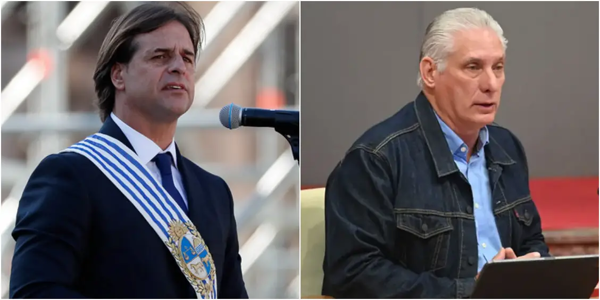
The parliamentary elections in Uruguay are of utmost importance, as this Sunday Uruguayans will determine the direction of their country for the next five years. In this presidential election, two seemingly opposing paths stand out, but with common points: the continuity of the current governing coalition represented by outgoing President Luis Lacalle Pou, or a shift towards the pragmatic left, inheritor of José Pepe Mujica. Although there are a total of 11 candidates, the attention is focused on two main ones that capture the interest of the 2.7 million Uruguayans eligible to vote.
According to analyst Daniel Chasquetti, it is likely that the Frente Amplio will come close and go to a runoff with the Partido Nacional, counting on the support of its coalition partners to equal the votes. In Uruguay, it is more challenging to reach the necessary number in the first round due to the counting of blank and null votes. Currently, Yamandu Orsi from the Frente Amplio leads the polls with 44% of voting intention, closely followed by Álvaro Delgado from the Partido Nacional.
In these elections, the new president and vice president for the period 2025-2030 will be elected. Polls indicate that Orsi is the favorite, but it is likely that the governing coalition will control the lower house. The legislative election gains importance in light of a potential runoff, as there are no midterm elections in Uruguay. The election of Congress is also crucial, as minor parties can alter the arithmetic of the majorities.
The political landscape in Uruguay stands out for its inclination towards moderation. In addition to the presidential election, two plebiscites will be held on pension reforms and nighttime raids, and the Parliament, composed of 30 senators and 99 deputies, will be completely renewed. Parties mostly compete towards the center, reflecting a nuanced politics in which the government rules in coalition.














